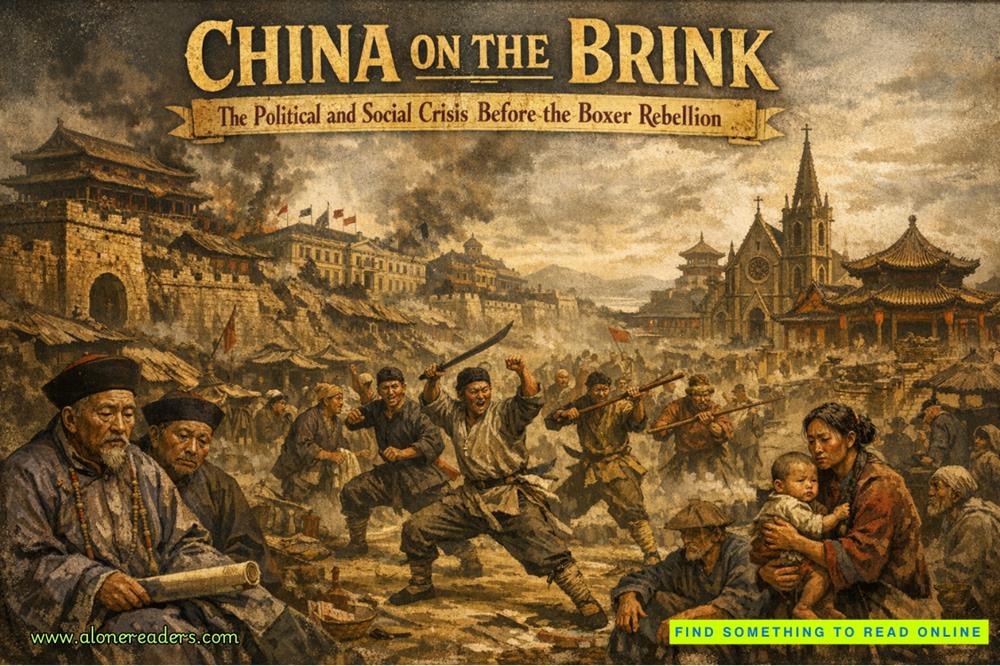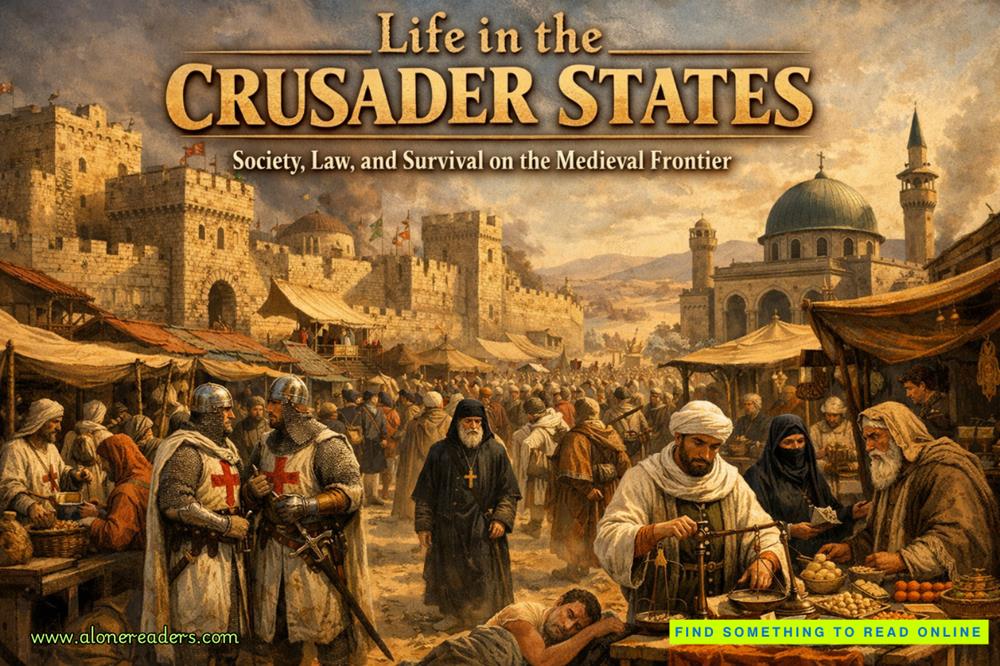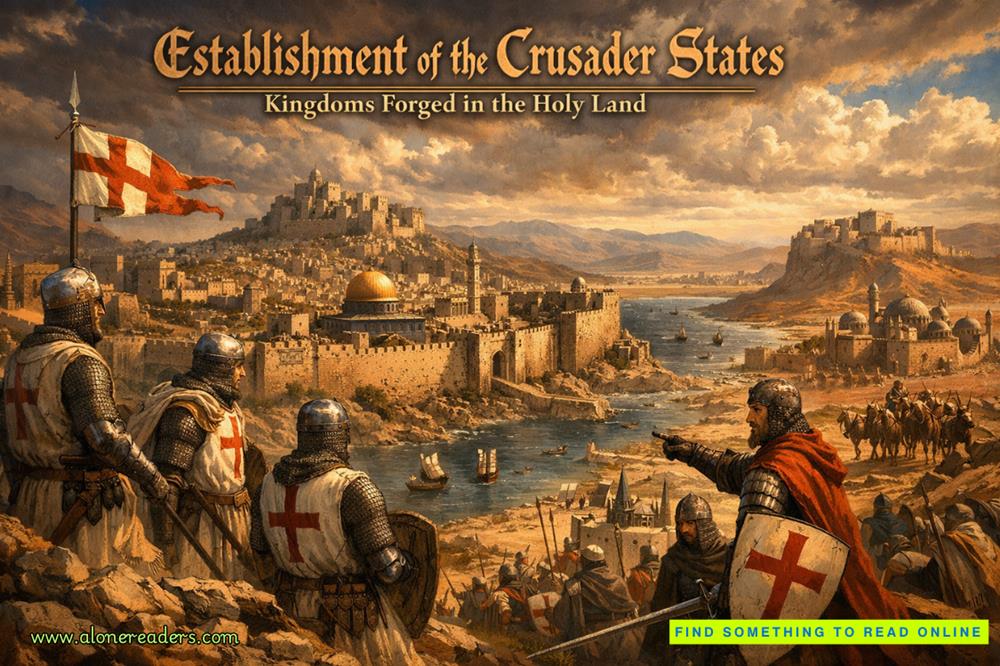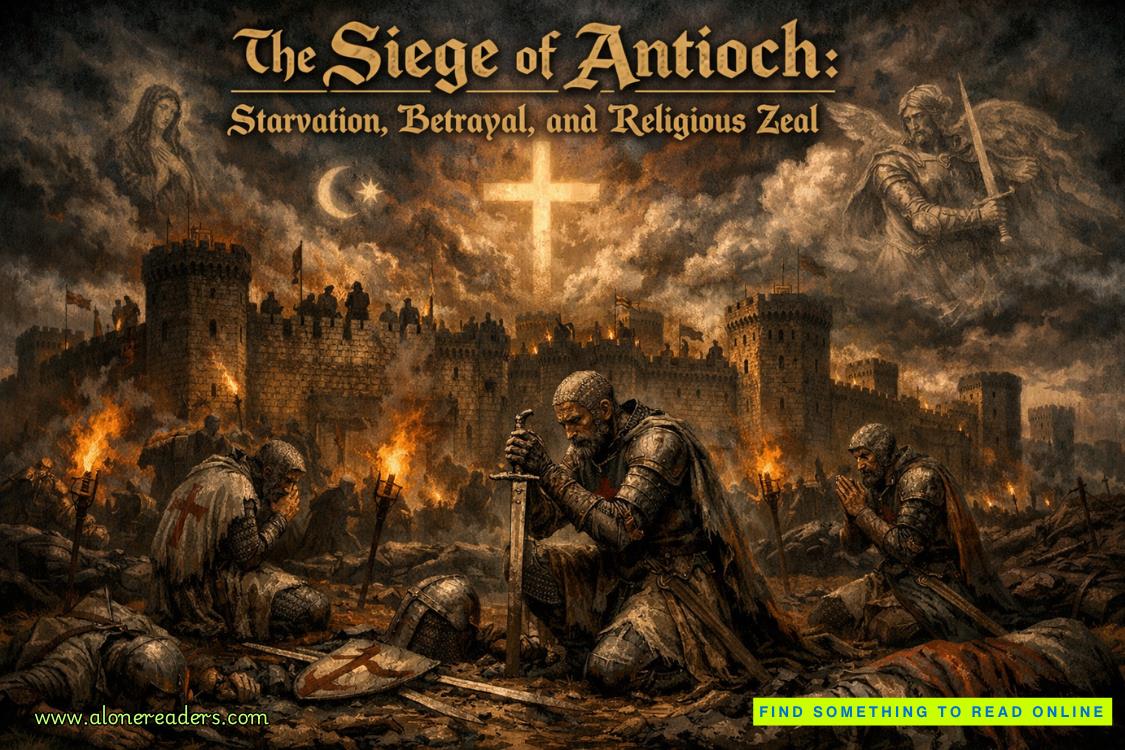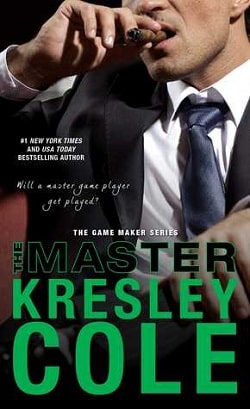"That's amazing." She sets Mason down, keeping a close eye on him as he toddles toward the stone fireplace where flames crackle behind a sturdy screen. "You must be very skilled."
I shrug, always uncomfortable with the praise. "Just work. I'll get plates."
In the kitchen, I set down the casserole and take a moment to breathe. What am I doing? I don't invite people into my home. I don't share meals. I don't make small talk with young mothers and their curious children.
But when I return to the living room with plates and cutlery, something shifts in my chest at the sight of them. Elisa kneels beside Mason near the fireplace, pointing out the carved animals on the mantel—small wooden figures I whittled during long winter evenings when the silence grew too heavy.
"Look, Mason. A bear, just like Mr. Carter."
The boy reaches toward one of the carvings and then looks back at his mother, asking permission. She nods, and he picks up the wooden bear, turning it over in his small hands with a look of wonder.
"You can call me Josh," I say, setting the plates on the coffee table. "Mr. Carter was my father."
I don't know why I offer this. I don't invite familiarity. But something about the formality of "Mr. Carter" in her mouth feels wrong.
She looks up, a strand of hair falling across her face. "Josh, then." She stands, smoothing her dress. "And please, call me Elisa."
Mason toddles over to me, holding up the wooden bear. "Josh bear," he declares, looking immensely pleased with himself.
And despite everything—despite all my towering walls and practiced distance—I find myself smiling at this small person who sees the world in such simple, clear terms.
"That's right, buddy," I say, my voice rougher than usual. "Josh bear."
Elisa watches this exchange with an expression I half-recognize, half don’t—something soft and surprised and maybe a little sad. Then she clears her throat.
"The casserole will get cold. Shall we eat?"
I nod, and as I serve the simple meal onto plates, Mason climbs onto his mother's lap at my rarely-used dining table. And, as the last light fades from the sky outside my windows, I realize with startling clarity that this is the first time in twelve years I haven't eaten dinner alone.
And even more startling—I don't hate it.
Chapter 5 - Elisa
The casserole isn't anything special—just a simple pasta bake I threw together from supplies bought at Bell's General Store—but Josh is on his second helping. I watch him eat, the way he cuts each bite to the same size, the precision in his movements. He's a man of rituals, I think. Someone who finds comfort in order and routine.
Which makes it all the more surprising that he invited us in.
Mason squirms on my lap, more interested in playing with his rabbit than finishing his dinner. I've already eaten more than I should have, my stomach uncomfortably full. Morning sickness has mostly passed, replaced by a constant, low-grade heartburn that flares when I overeat. I press a hand discreetly to my belly, trying to ease the pressure.
"S'good," Josh says, nodding toward my now-empty plate. "Been a while since I had a home-cooked meal."
"Do you usually cook for yourself?" I ask, genuinely curious about his life up here, so isolated from everything.
He shrugs one powerful shoulder. "Simple stuff. Nothing like this."
"It's just a casserole," I demur, but I'm pleased by the compliment. "Mason helped, didn't you, baby?"
Mason looks up at the sound of his name, then grins and nods enthusiastically, though his "help" consisted mainly of dropping pasta into the boiling water one piece at a time while I hovered nervously to prevent burns.
Josh's mouth quirks in his classic almost-smile. "Good job, buddy."
The praise makes Mason beam and something inside me aches at how easily he responds to male attention. Jordan was never interested in Mason, viewing him as an inconvenience at best, a competitor for my attention at worst. The closest thing to fatherly interaction Mason ever got was being ignored rather than yelled at.
"You're very patient with him," I observe, watching Josh carefully wipe his plate clean with a piece of bread. "Not everyone is."
He looks up, those dark eyes suddenly unreadable. "Kids are easy. They say what they mean. Do what they feel." He pauses, then adds, "Adults are the complicated ones."
There's a weight to his words, a history I can sense but can't decipher. I wonder, not for the first time, what drove this man to such solitude. What made him build walls so high that even the townspeople seem to keep their distance?







